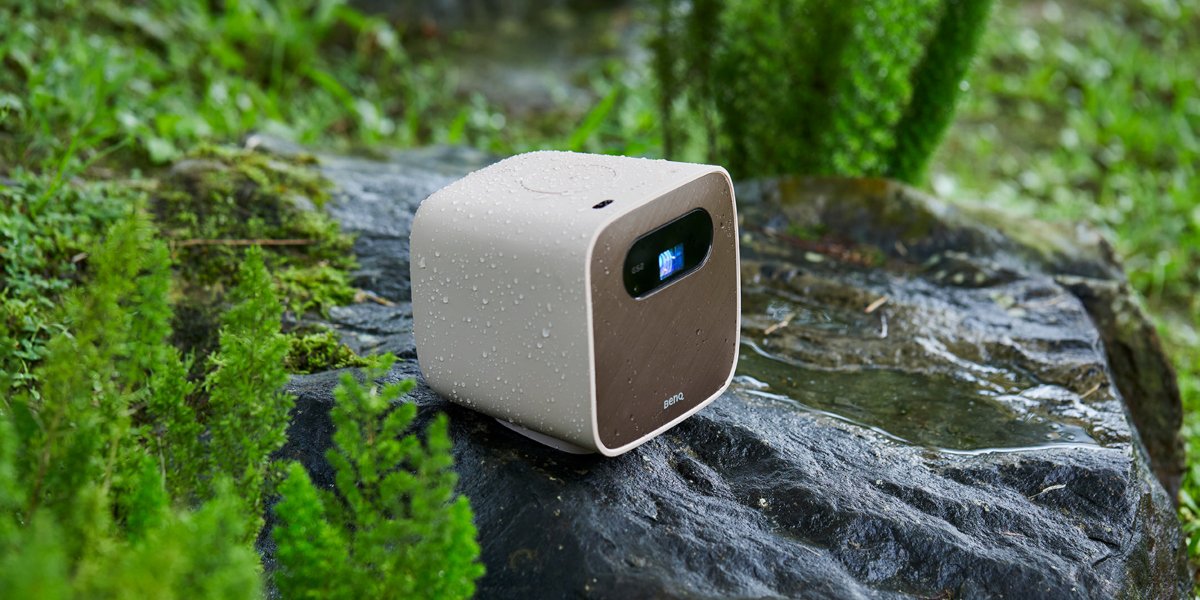Projector
Monitor
Lighting
Digital Display
Job References
This site uses cookies. By continuing to browse the site you are agreeing to our use of cookies, you can also manage preferences.
This site uses cookies. By continuing to browse the site you are agreeing to our use of cookies, you can also manage preferences.
Projector
Monitor
Lighting
Digital Display
Job References
Projector
Monitor
Lighting
Digital Display
Job References
Knowledge Center Support
If you want entertainment in any outdoorsy situation with a group of people, a portable projector is a game changer. Whatever content you have in mind, if it involves video and audio, projectors are the only viable option in open spaces that host multiple viewers. That’s why you don’t see your local movie drive thru switching to a 500” LCD TV. But what should you look for when considering a mini portable projector for outdoors use? Sure, you know brightness is important. But there’s a lot more to it than that. Let’s take a closer look.
Be aware that while portable projectors by definition are small or mini compared to indoors projectors, the really tiny ones known as pico projectors are not designed for outdoors use. They’re too underpowered and have just enough illumination to showcase content in a small meeting room. Forget a camping site or a ball park, they just won’t work. Cheap pico projectors also suffer from low resolution, typically max 480p. That leads to poor image quality, as a good portable projector should be able to upscale to 1080p. Expect 4K portable projectors to become a reality in the next few years, meaning a low end model will just result in disappointment now.
With that in mind, here are the top five features we think you should be looking for in an ideal portable projector for outdoors use:
Also known colloquially as splash proofing. An outdoor portable projector BenQ GS2 that goes on your glamping adventures needs to cope with rain, spilled beverages, and the occasional/accidental drop into water. The cheapos have no liquid protection while good portables feature at least IPX2, with IPX7 becoming increasingly popular. In any case, you don’t want your outdoors movie session cut short just because a minor drizzle passes through the area. The whole point of “outdoors” is handling the elements.
By a similar token, shock and dust resistance are must-haves. Your portable projector should have built-in design features that make it durable in the face of sand, dust, and drops or shaking. It’s a portable projector, which means you want the freedom to take it to the beach, a desert resort, a topical escape…and so on. You also want a portable projector you don’t have to constantly worry about if driving on bumpy roads or carrying in overloaded luggage. You don’t want a portable projector that’s cheap but behaves like it’s made of sugar.
Basic portable projectors lack foresight in design. They often have fixed lens angles, which means you need stacks of magazines, a thick wallet, or an unstable rock if you want to change the viewing angle. Tilt hinge designs overcome that hurdle by allowing you to adjust the display angle without resorting to object puzzle situations. You don’t want to play Portable Projector Tetris just to make the image appear where desired. An adjustable lens angle sounds like an obvious feature, but you’d be surprised how many of those cheap portables get to their low price points by skipping it.
Remote controls are hardly a luxury, particularly if you’re outside with a crowd of friends and family. Imagine getting up every time you want to change the volume or make any other adjustment. You don’t tolerate that with your TV, why would you with a portable projector? You shouldn’t. Insist on models that come with a remote, which is doubly important in the age of smart projectors that have apps like Netflix and YouTube installed. Remote controls are an essential feature.
Arguably the most important. We mentioned smart capabilities in feature no. 4. But that’s just part of a connected portable projector. If you insist on getting a bargain basement product, you’ll soon find it doesn’t have Wi-Fi and Bluetooth, two specs routinely found on good portable projectors. With Wi-Fi and Bluetooth, connect your portable projector to a host of devices and apps to cast content onto a large format display. Play video and music from your smartphone, tablet, laptop, game console, PC, in-car entertainment system…the list goes on and on. Connectivity makes all that possible. As a related bonus, make sure your portable projector has good speakers (2W or more, dual 2W recommended). Combined with Bluetooth, that means the projector works as a standalone audio device for your music.
*As a side note, in some cases copy protection may prevent you from casting streaming apps from your smartphone to a portable projector via wireless connections. However, you can certainly watch streaming apps using a smart, app-enabled projector that’s hooked up to Wi-Fi, and also via streaming boxes like Apple TV or consoles (Xbox and PlayStation).
We hope this has helped give you a clearer picture of what a good portable projector for outdoors use should include. Remember, these are features we think come in addition to those you should look for in any portable projector. We urge you to avoid skimping on these essential features as you’ll only compromise your enjoyment, and we’ve all learned that every experience counts and they should all be good ones.
Have fun!
Thanks for your feedback!